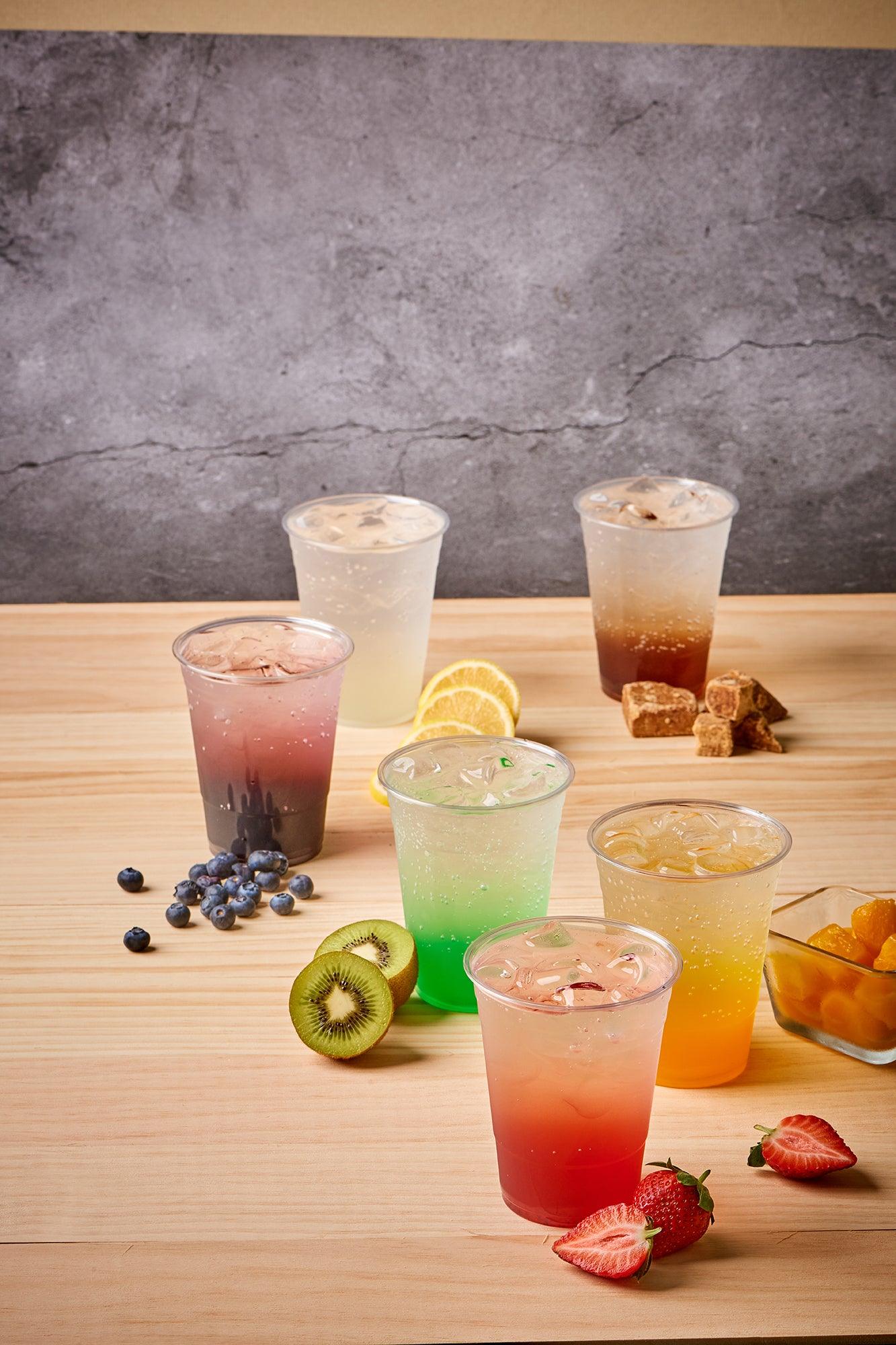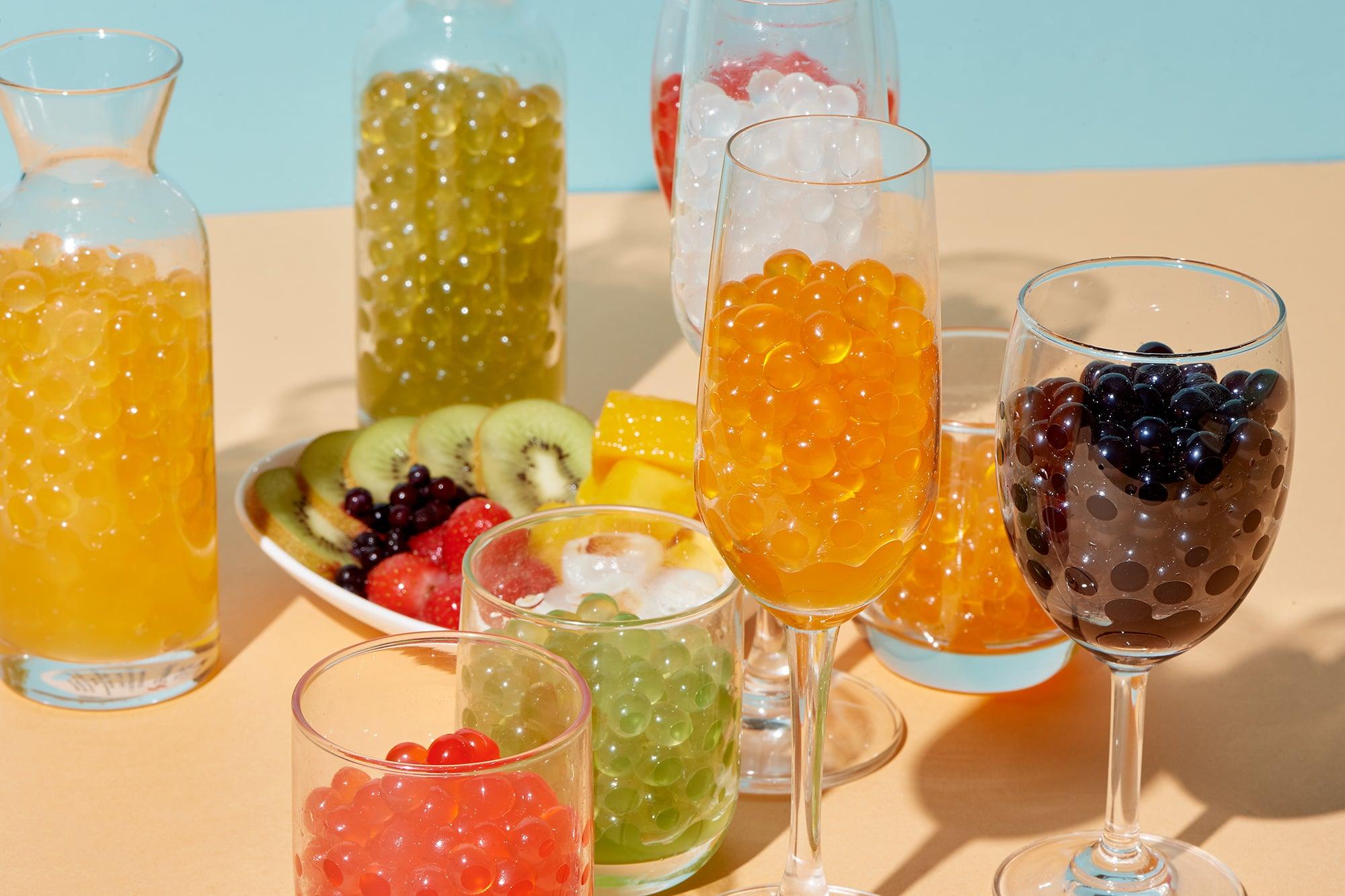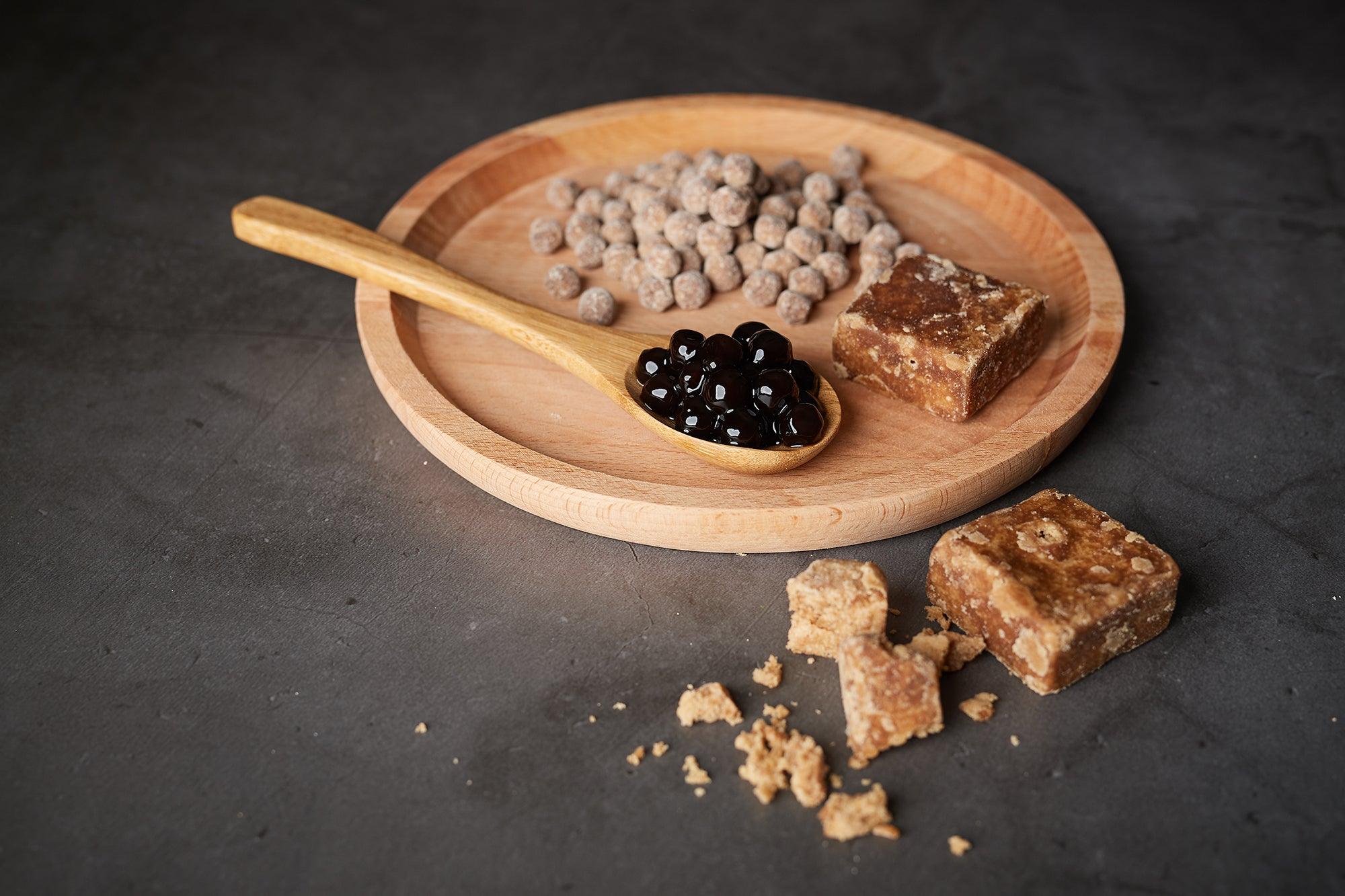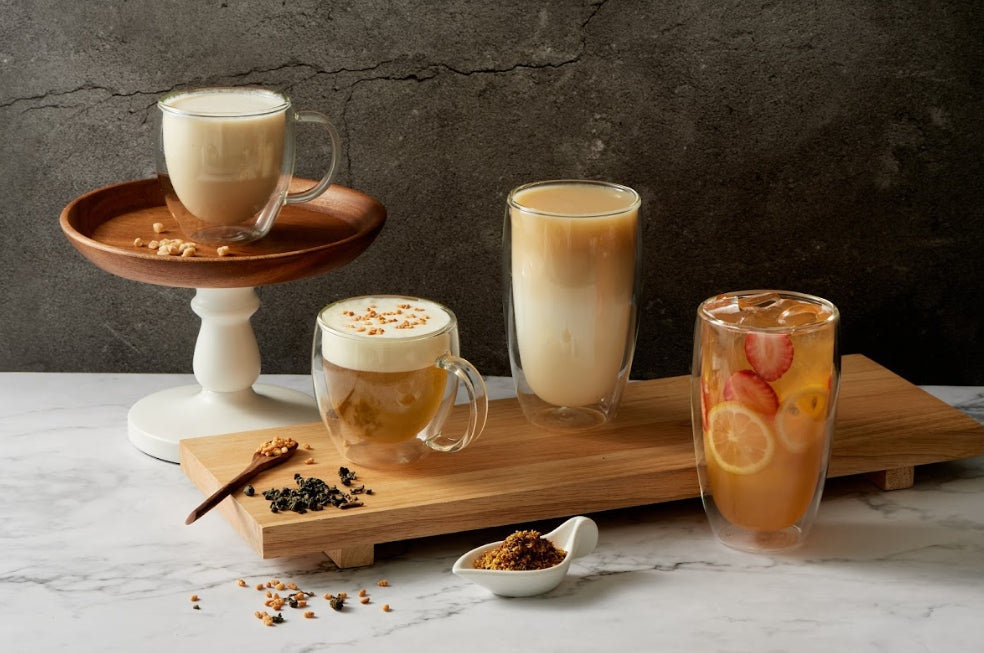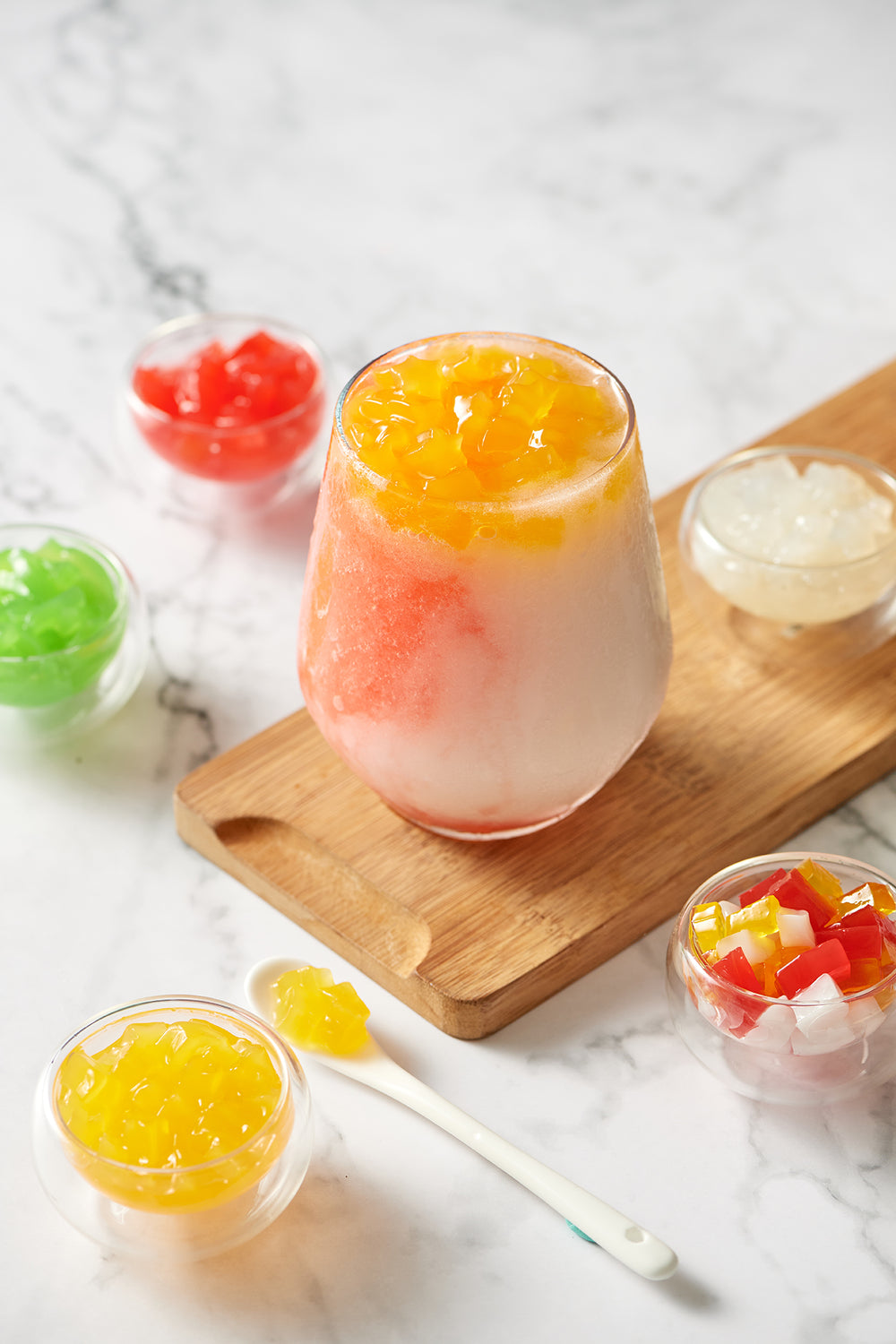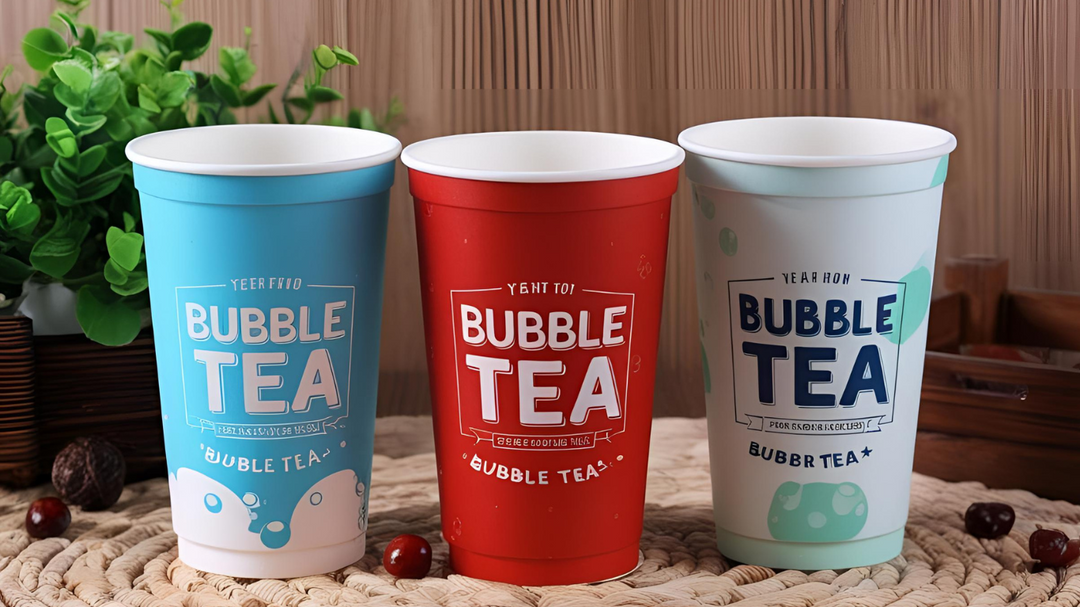Bubble Tea: the new soft drink trend
Everyone is talking about it, everyone is drinking it, and it is considered the coolest “snack drink” of the moment.
This is Bubble Tea, the Asian drink that has been popular all over the world for some time now.
Also known as Boba Tea, bubble tea with tapioca pearls is one of the main food trends on the international scene today and dominates the non-alcoholic beverage market.
In this article, you will see the origins of Bubble Tea, how it is made, and why it represents a great opportunity for retailers and consumers.
From Asia with Flavor: The Origin of Bubble Tea
There is an air of mystery surrounding the birth of Bubble Tea, but one thing is certain: its Taiwanese origins in the early 1980s and its subsequent spread to Japan, China, Korea, and the Philippines. Then overseas, where it landed on the Australian coast to reach the American West Coast in the early 1990s.
Initially consumed by Asian communities in North America, it quickly spread throughout Northern Europe, arriving in Italy in the second decade of the 2000s.
Today, Bubble Tea is a super cool globetrotter product with an international character and a pop look that has become part of consumer habits all over the world, totally revolutionizing the concept of tea.
What is Bubble Tea
Bubble Tea is a drink made from different varieties of tea – black tea, white tea, matcha tea, green tea, jasmine tea, oolong tea – to which a mix of liquid and solid ingredients are added (tapioca pearls or fruit jellies) that make-up a colorful and tasty snack drink.
In its original recipe, the basic ingredients were tea, milk, and tapioca pearls, the typical dark and gelatinous balls that, immersed in food syrups and delicious toppings, give the drink a truly unique look and taste.
Today, infinite mixes and combinations of ingredients can be created to compose totally personalized Bubble Teas, capable of meeting the most eclectic tastes and satisfying the most demanding palates.
Around the world, many fusion variants inspired by different culinary traditions are spreading, using special ingredients such as cardamom, hibiscus flowers, or rose water.
An example? This recipe, which has become a must-have drink among Bubble Tea lovers.
Multisensoriality, Customer Experience, and Social Sharing
The Boba Tea craze is captivating a significant consumer segment, particularly those seeking:
- Innovative consumption opprtunities
- Multisensory experiences that satisfy taste, sight, touch, and smell
- Instagram-worthy products that are visually appealing, delicious to savor, and picturesque to share
In this scenario, customer experience plays a pivotal role in guiding consumers throughout the entire process of selection, purchase, and enjoyment of a product that naturally generates immense excitement in the value chain.
The Future of Bubble Tea
We may not know what the future holds for Bubble Tea, but its global success in recent years is undeniable.
In 2022, the bubble tea market reached a value of $2.75 billion, and it is expected to experience significant growth in the coming years, with a projected growth rate of 9% during the period 2023-2030.
(Source: Grow Capital e“Bubble Tea Market Report 2023”).
Country in the Asia Pacific region is leading the market today, with Taiwan alone boasting over 21,000 Boba shops. The United States holds the second position, with more than 35% of the market share.
In Europe, with a value of $300 million in 2022, it represents 11% of the global market and is considered one of the markets with the highest potential for growth.
In Italy, the Bubble Tea market reached a value of €42 million in 2022 (15% of the European market), with an anticipated further growth of 18% in the next 5 years.
(Source: “Bubble Tea Market Report 2023”).
The growth trend is supported by the significant proliferation of Bubble Tea Stores in our country, which have increased from 156 in December 2021 to 236 in March 2023. These substantial numbers are expected to continue to grow exponentially despite the rising inflation.
An Opportunity for the Retail Channel
This surging trend has led to the proliferation of specialized chains and has officially placed bubble tea on the menus of yogurt shops, ice cream parlors, poké shops, bars, and even supermarkets.
In this scenario, a significant challenge for retailers and specialized Bubble Tea chains will be to counter the spread of snack drinks that are similar in taste but of lower quality. To stand out in the market, they will need to offer premium products and a selection of exclusive ingredients.


